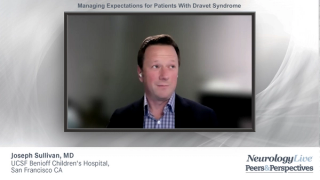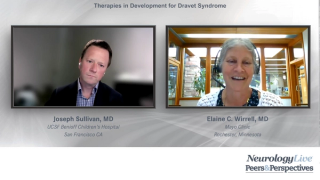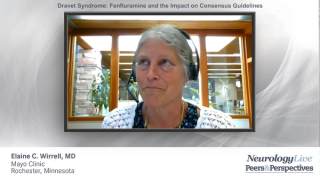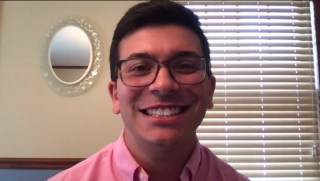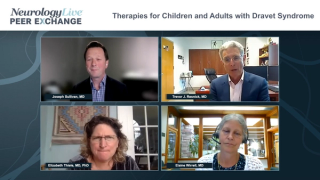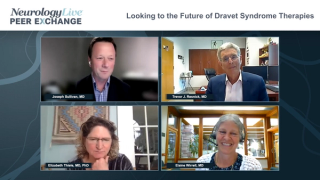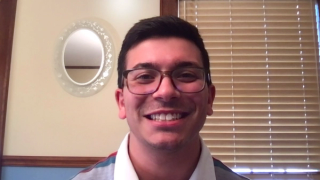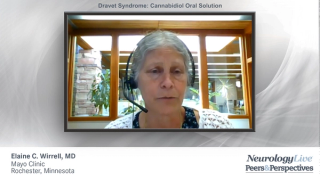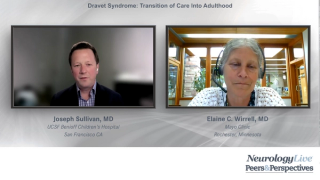
Epilepsy
Latest News
Latest Videos

CME Content
More News
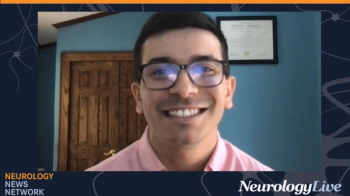
Neurology News Network for the week ending May 21, 2022. [WATCH TIME: 4 minutes]

Take 5 minutes to catch up on NeurologyLive®'s highlights from the week ending May 20, 2022.

At the end of the 12-month treatment period, interseizure cluster intervals increased from 14.8 days in the first period to 35.8 days in the final 90-day stretch.

The importance of addressing disorders of the brain cannot be overstated, and doing so will be essential to our generation and generations to come.
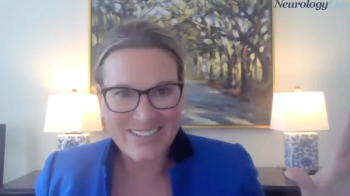
The chief executive officer of the Child Neurology Foundation provided insight on her new position at the National Health Institute’s National Advisory Neurological Disorders and Stroke Council. [WATCH TIME: 4 minutes]

Confounders such as parental characteristics, sociodemographics, and pregnancy-specific factors led to an attenuated risk of seizures and epilepsy in children whose mothers were on SSRIs or SNRIs.

Here's what is coming soon to NeurologyLive®.

Test your neurology knowledge with NeurologyLive®'s weekly quiz series, featuring questions on a variety of clinical and historical neurology topics. This week's topic is sleep disorders.

Take 5 minutes to catch up on NeurologyLive®'s highlights from the week ending May 13, 2022.
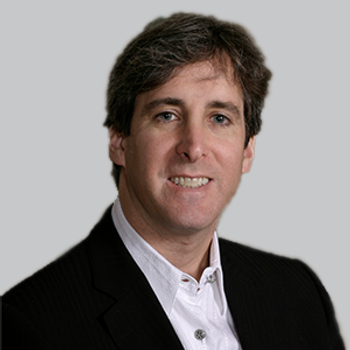
Since its approval for the treatment of medical refractory epilepsy in 2013, the closed-loop neuromodulation device has had its efficacy and safety confirmed in several pivotal studies and will now be assessed in focal epilepsy in the RESPONSE trial.

The chief executive officer of the Child Neurology Foundation discussed how her background in pediatric neurology will be used in a newly appointed NIH council position.
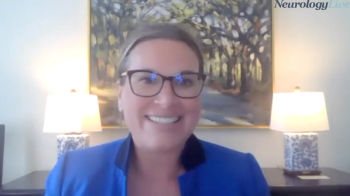
The chief executive officer of the Child Neurology Foundation provided insight on the ongoing efforts to make children with neurological conditions feel inclusive in today’s society. [WATCH TIME: 3 minutes]
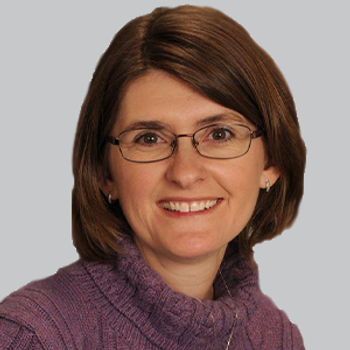
Both fenfluramine dose groups showed significant decreases in generalized tonic-clonic seizures, whereas those on placebo showed worsening of their condition.

Here's what is coming soon to NeurologyLive®.
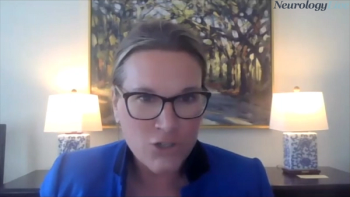
The chief executive officer of the Child Neurology Foundation discussed the need to change conversations about children living with neurological disorders and creating more healthy environments for them. [WATCH TIME: 4 minutes]

The director of the pediatric epilepsy program at Boston Children’s Health Physicians shared his expertise with the challenges associated with diagnosing LGS, how the REST-LGS tool may help, and the need to collect more data.

Test your neurology knowledge with NeurologyLive®'s weekly quiz series, featuring questions on a variety of clinical and historical neurology topics. This week's topic is neuromuscular disorders.

Take 5 minutes to catch up on NeurologyLive®'s highlights from the week ending May 6, 2022.

Catch up on any of the neurology news headlines you may have missed over the course of the last month, compiled all into one place by the NeurologyLive® team.

Here's what is coming soon to NeurologyLive®.

Test your neurology knowledge with NeurologyLive®'s weekly quiz series, featuring questions on a variety of clinical and historical neurology topics. This week's topic is stroke.

Take 5 minutes to catch up on NeurologyLive®'s highlights from the week ending April 29, 2022.
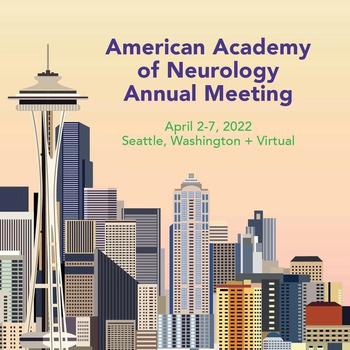
Expert clinicians offer their insight on the associations between stroke and COVID-19, treatment for traumatic brain injury, the latest on aducanumab, priorities for research in migraine, and more, from the 2022 American Academy of Neurology Annual Meeting.
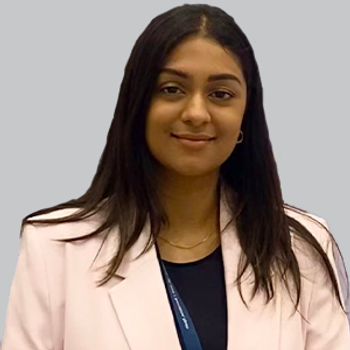
In the main matched analysis, associated noted before Parkinson disease diagnosis were motor (up to 10 years) and cognitive (up to 5 years) symptoms.

Here's what is coming soon to NeurologyLive®.






